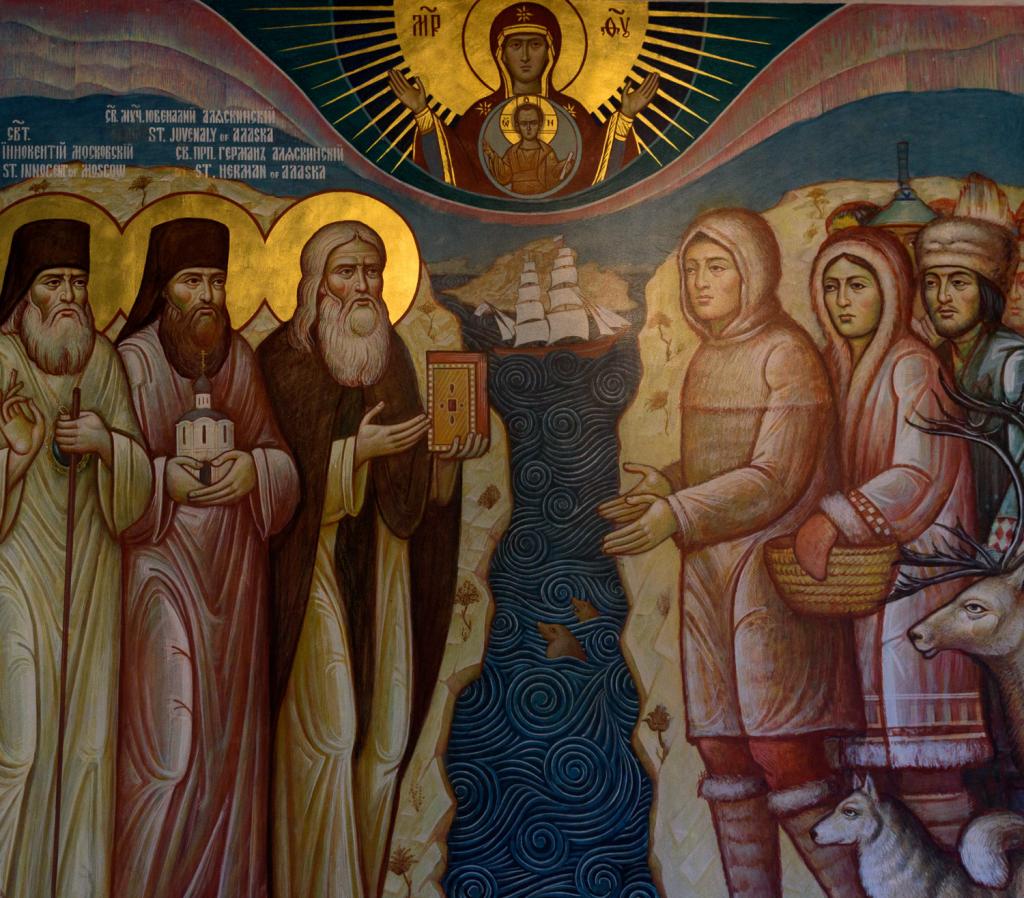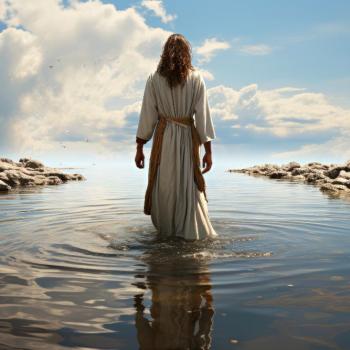
Is there any room for a view of theology that is both progressive as well as orthodox? Do the two ways of thinking contradict one another? On the one hand, progressive theology suggests something current and up-to-date. Whereas, orthodox reflects a belief that has been established for a long time.
Although there are plenty of progressives who desire to make something new out of Christianity, I believe the majority of people are simply interested in discovering the truth about early Christianity. They just want to know who Jesus really was and what early Christianity was all about apart from the denominational baggage that oftentimes colors our understanding of these things. I am one who falls into this category. I am uninterested in making something new, I just want to know Jesus in all of the ways in which I can. I believe progressive Christianity, although far from perfect, creates the best milieu for this to happen.
Understanding progressive Christianity in the later way we can see that there is no inherent contradiction between Christian orthodoxy and progressive Christianity. In fact, I believe if we are doing the progressive task properly, then we should be deconstructing orthodoxy into something that is more accurate to its time.
Unequivocal Orthodoxy
The first step in understanding orthodoxy properly is to understand it without equivocating. Evangelicalism oftentimes looks at orthodoxy as being something that spans all of history when in fact there are two types of orthodoxy. Well…as I will argue, there is only one, but in the evangelical world, two are observed.
The first is the classical view of orthodoxy, which positions itself at the heart of Early Christianity. This timeframe would range from the first council in Jerusalem to the final ecumenical council in the 8th century. Very few would argue with this view of classical orthodoxy – though some might argue about timeframes.
You might be surprised to learn that much of evangelical theology is not contained in classical orthodoxy as they espouse. Instead, much of it is contained within what I term “Reformed Orthodoxy”. What I mean by this is that much of evangelical theology is guided by the axioms established by the reformers (Luther and Calvin in particular).
You see evangelicalism is performing a sleight of hand when it comes to claiming they are orthodox. What I mean is that it is often argued that Luther and Calvin were in fact, re-establishing orthodoxy, which had been corrupted by the Catholic Church. For example, Calvin’s view of the sovereignty of God could be viewed as a reinterpretation of Augustine’s view. Therefore, by believing in Calvin’s view you are also believing in Augustine’s view. However, this is the very definition of equivocation and it is a logical fallacy. Calvin is not just restating what Augustine believed he is reinterpreting what he thinks Augustine believed. This means that he is creating something that has new principles, which are not found in Augustine. The fallacy is contained in the logic that although Augustine might espouse some of Calvin’s beliefs, he would not be a Calvinist. Likewise, although Calvin is borrowing some ideas from Augustine, he is not Augustinian. The entirety of the Reformation is not necessarily a renewing of old beliefs as much as it is a reinterpretation (you might even argue a more progressive understanding) of orthodox beliefs.
When evangelicals argue for having an orthodox faith one really needs to inquire into what that means since much of their “orthodoxy” is shrouded by reformed thinking. You will often hear certain Latin phrases are thrown around like Sola Scriptura (Scripture alone), Sola Fide (Faith Alone), Sola Gratia (Grace Alone), etc. Although these theological principles guided the Reformation (even that is up for debate), they are NOT remotely orthodox.
For example, Augustine did not believe in Faith alone (Sola Fides). Instead, he and his contemporaries believed in a faith and works-based system. It was later grossly distorted by the Catholic Church when they began charging money for indulgences – I digress.
Dogma
At the beginning of the article, I asked the question if orthodoxy and progressive Christianity can be married? Or are they antithetical to each other? The problem with evangelicalism is in how they employ dogma to so-called orthodox beliefs. There is nothing wrong with holding to an orthodox faith – I’d like to think that is what I hold to. It’s when we turn our orthodox faith into dogma that makes it problematic.
Dogmatics creates a seal across orthodoxy whereby we are unable to challenge any widely held belief within the orthodoxy – or even fix a flawed perspective. This is what evangelicalism has largely done. Certain aspects of the given orthodoxy are off-limits because those beliefs have become dogmatic (think creeds and confessions). However, as I asserted earlier, the orthodoxy that has become off-limits isn’t even real orthodoxy but reformed orthodoxy.
Some examples of reformed orthodoxy that have become dogmatic are the “Solas” mentioned earlier. Doctrines like inerrancy, penal substitution, and the majority of Calvinism is doctrine specific to the Reformation or later. Part of the problem is that there is a significant disconnect within evangelicalism’s pillars of theology. Theology is separated into Biblical, Historical, Systematic (Dogmatic), and Practical. All of these pillars should be condensed into a single endeavor so that each one can inform the other.
Why Care About Orthodoxy?
Up to this point, we have neglected an important question. Should we even care about orthodoxy? The Early Church was not infallible, so why do we care so much about what they believed?
There is a reason for this. The idea is that the closer someone is to the original source the more accurate their understanding is regarding the ideas that are presented. They have a better understanding of context as well as the overall worldview of the biblical writer. For example, Polycarp was a disciple of the disciple John. It would be expected that he would have greater insight into the disciple’s ideas than Augustine would – given his proximity to the source. Augustine would seemingly have greater insight, given his proximity to the source, than we would. This is why we rely so heavily on the insights of the Church Fathers. It has less to do with their competency and more to do with their proximity to the original sources.
Not only is it a worthwhile effort to deconstruct evangelicalism’s relationship to orthodoxy, but it is also valuable to deconstruct orthodoxy outside of evangelicalism. Not all insights from the Church Fathers have value. The Church Fathers have been known to make theological decisions based upon their doctrinal presuppositions. Keep in mind that the Church Fathers are just as prone to theological distortion as we are. Therefore, I think we should allow orthodoxy to inform our faith, but not consume it.














